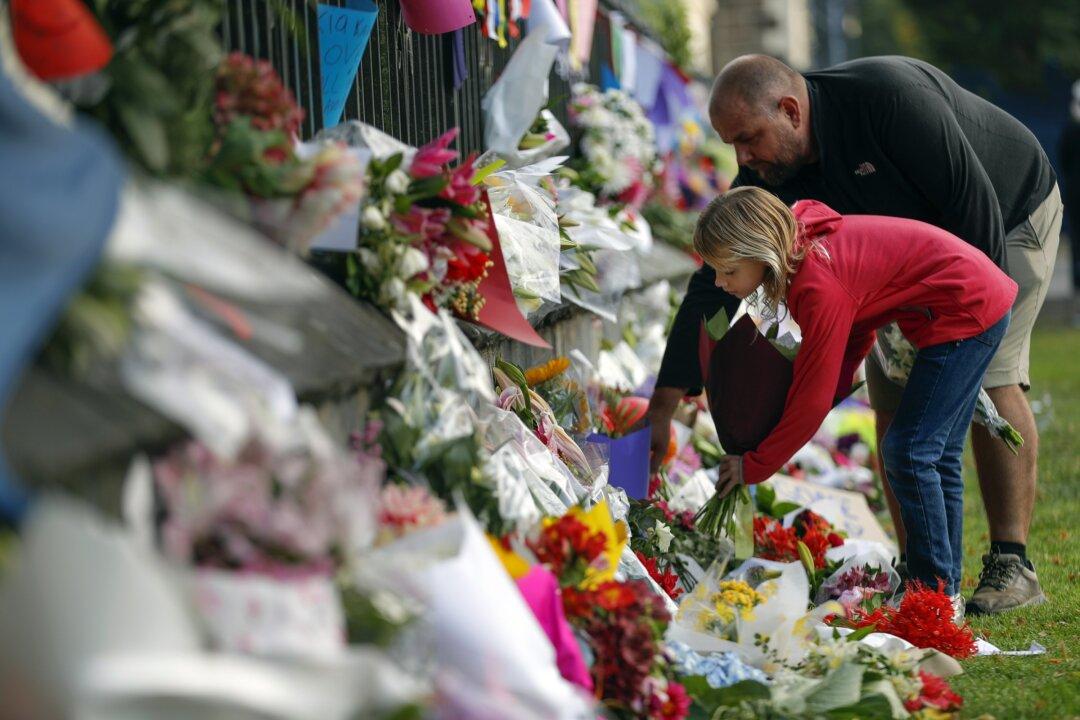Australia’s domestic spy agency’s decision to drop sensitive labels such as “left-right” and “Islamic extremism” has received a mixed reaction, with one religious expert saying the shift to broader terminology could inadvertently mislead public perception of extremist behaviour.
Last week, Mike Burgess, director-general of the Australian Security and Intelligence Organisation (ASIO), delivered the Annual Threat Assessment and outlined how the agency has been combatting the twin threats of espionage and extremist activity in Australia.





